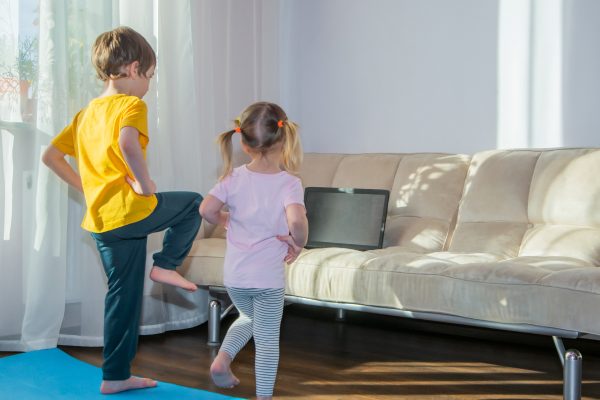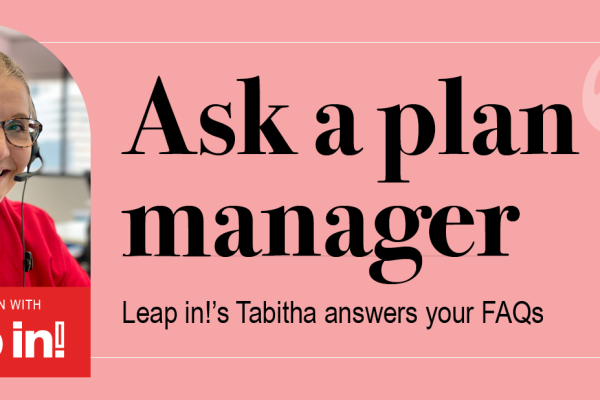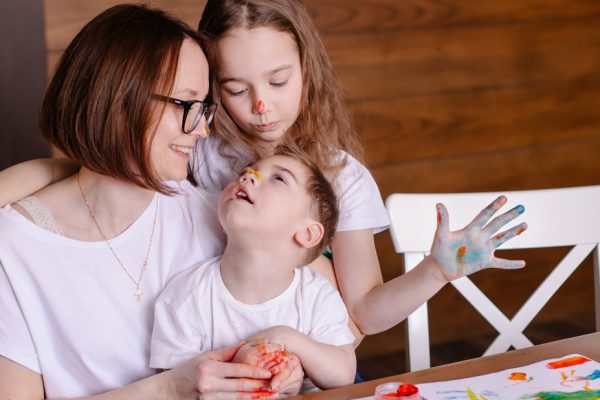
A more settled night's sleep
A huge percentage of my practice deals with sleep disturbances! Even if this is not the primary problem, discussions often turn to how the problem the child or family are seeing me about impacts their sleep.
Research shows how we are all less effective when we are tired. According to the Sleep Foundation’s published guidelines for how much sleep we actually need in order to be productive; adults need between 7 and 9 hours of sleep a night. Children and babies need anywhere between 9.25 and 18 hours depending on their age.
However, many of us live with multiple demands on our time, and for children who do not settle easily, these figures can be a pipe dream. Children not sleeping properly for any reason at any stage of the night can wreak havoc with the ongoing sleep patterns of the whole household and in turn, the concentration of everybody affected. When a child has special needs, sleeping properly can be a life long challenge which may be more evident in those children with behaviour difficulties as recognised by many recent research studies.
Whilst the reasons for poor sleep may be varied, often the solutions to improve, although not cure, the problem can be relatively simple and can be effective for children irresepective of their age or ability.
FINDING THE PROBLEM
For most people, the exact area where the problem with sleep lies is not always easy to identify. It is generally not as straight forward as difficulty falling asleep or not staying asleep. The solution for each issue is different. To identify the problem, it can be helpful to keep a ‘sleep diary’ for approximately a week. This diary should start from the time your child gets home from school or from approximately 4pm, in order that you can try to pinpoint any triggers that help or hinder sleep including particular foods, activities or environments. Document the time your child goes to bed, the time they actually fall asleep and then any time that they are awake during the night. A diary like this can also help you to understand your child’s general behaviour better including when they are unwell. By identifying patterns it can then be easier to tackle each problem one by one and improve the overall situation.
TIME TO PROCESS
The pace of life is so fast and sometimes we do not have the chance during the day to take stock of all the stimuli we are surrounded by and the achievements we have made. This can often be the case for children with special needs whose processing can be slower but is just as important. It is crucial to allow time for this as part of their daily routine. It can otherwise lead to children doing it themselves at night when they are meant to be falling asleep or to waking up in the night as they are unable to sleep soundly as their mind is so full and is working overtime! One strategy for this can be to spend some time at dinner or during bath-time discussing what everyone in the family did during their day. By asking your children questions about their activities, it allows them to make sense of them and to think them through. For children who are non verbal, this can be adapted to be done with visual cues or as a craft activity. In turn, this reflection can help them to fully comprehend it better, especially if they have been engaged in new activities or met new people during the proceeding day.
IMPORTANCE OF ROUTINES
For many of us, a routine is a helpful guide to our lives allowing us to manage our expectations of the day ahead and the things and people around us. For children, including those with special needs, it is vital for them to understand structure, routine and what is expected of them. Bedtime is no exception. Children need to know what is going to happen, when it will take place and what is required from them as part of it. Allow this routine to happen at the same time each day and to be a calming time for you and your family. Whether it includes bath-time, story time or some chill out time with a DVD as a treat, your child should know that at the end of this routine, it is sleep time and they are not allowed out of their beds. By developing this routine consistently each night and working on it with your child you are not surprising them by suddenly saying it is bed time, rather they have had a quiet and relaxing routine and are ready for the next logical step. Sammy Margo, sleep expert, describes people as “dimmer switches” when it comes to bedtime. We need to be turned out slowly not just switched from awake and alert to fast asleep. Human beings are unable to just produce tiredness, we need to induce it as well.
FOOD AND SLEEP
Much research shows the connection between eating too close to bedtime and not sleeping well through the night. However, for children whose days are jam packed, it is often not possible to have as long a gap as preferable between dinner and sleep time! It is therefore important to think about what they are eating at that time and to try to identify any foods that are having an adverse effect on your child’s sleep pattern. Some foods that have been highlighted as helping with sleep and relaxation are
- Dairy
- Fish
- Wholegrains including cereals and oatmeal
- Bananas
- Rice
All of these foods help our bodies to produce the hormones that are needed for sleep including melatonin so can help us to be naturally prepared and sleepy prior to bedtime.
A BEDTIME ENVIRONMENT
Before people go on a long journey, a common concern is how they will sleep on the aeroplane or in the car and how they will be comfortable. This is the number one priority before a child will sleep well. Not only do they need to feel emotionally settled in their environment but also physically comfortable with the cot/ bed/ mattress that you are expecting them to sleep on. When they sleep elsewhere in a different place, sleep is likely to be disturbed. Make sure they like their bed and are comfortable in it. Ensure that they feel safe there and settle them with their favourite comforter/ water bottle/ teddy bear. None of us would consider sleeping in our offices by choice. There are too many stimuli and too much noise surrounding us. Therefore, think about the sensory stimuli and distractions that surround your child at bedtime and keep them to a minimum. When you take your child to their room at bedtime, it should feel different to during the day. It should be darker, allowing them to comprehend the difference, and any stories should be read in a quieter voice to prepare them for the quiet that is expected of them at night time.
Although these tips are just an initial guide to what is often a very complex and distressing problem, little changes can and do make big impacts. Wishing you all peaceful nights’ sleep


Highly qualified, Paediatric Nurse, Ariella Lew established Kids on Track in 2012. From her extensive work in both hospital and community settings in Australia, UK and South Africa, Ariella realised that a bespoke home based support service for families and care givers was lacking.
This motivation was the basis for Kids on Track Paediatric Consultancy.
Kids on Track is an international consultancy, consulting to anyone, anywhere who feels they could benefit from structured advice relevant to a particular issue of concern relating to children and/or young adults. Whether in your own home or via phone or skype consultations, our goal is to provide the tools needed to manage any issues that are causing concern. This is achieved by using up to date research combined with a holistic health orientated approach. Kids on Track helps to give those feeling unsupported the tools to navigate and assist in facing hurdles; with strategies that are simple and straightforward to implement.
Ariella is delighted to be working with Source Kids. She has vast experience working within the disability sector both in schools; individual homes and in writing personalised care plans for a variety of organisations in order that the children they are working with can receive the best service. Ariella is passionate about empowering parents of those with a disability to be able to help their children become the very best version of themselves and working with these families is one of her favourite parts of her practice.
The Kids on Track website and Facebook page is continuously updated, providing a wealth of information with articles covering topics that are common concerns as well as regular blogs. Kids on Track also features on panel events with relevant and helpful tips covering topics like:
· Behaviour Management
· Family Dynamics
· Chronic illness Management
· Special Needs
· Sleep and Toilet Training
. Parenting
· Workshop and Information Sessions
· Advocacy/Case Management
For further information please visit:
Kids on Track Consultancy
W: www.kidsontrackconsultancy.com
FB: Kids on Track
M: Tel: 0429 222 670






